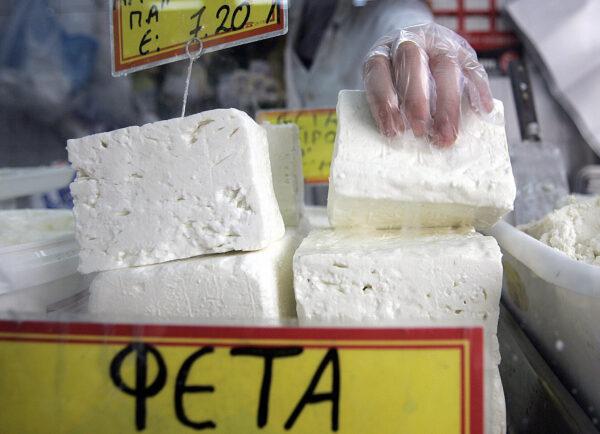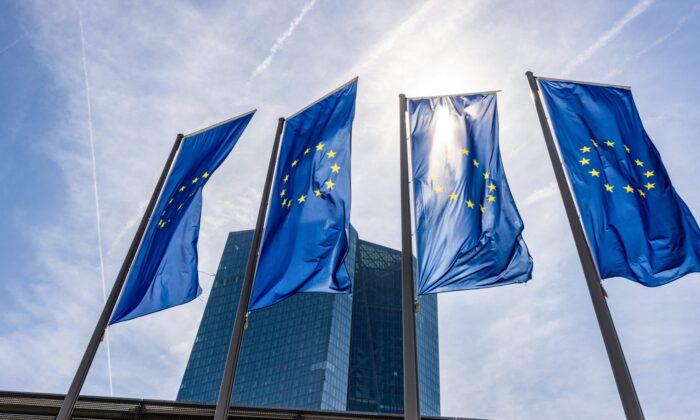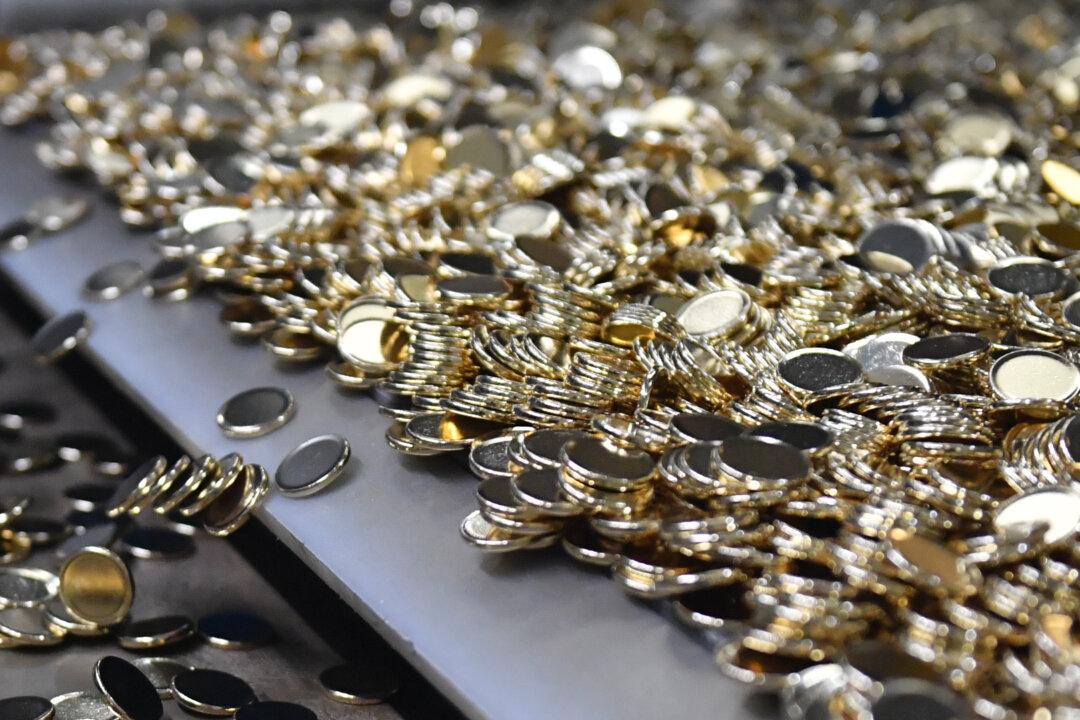The Australian government has expressed that it will stop pursuing a free trade agreement with the European Union (EU) if the deal is not in the country’s national interest.
This comes after Trade and Tourism Minister Don Farrell returned from his recent trip to Belgium to negotiate the trade deal.
Geographical indications are a type of trademark that establishes intellectual property rights for specific products whose qualities are linked to the production region.
If Australia accepts the demand, local producers will be banned from using protected names such as parmesan, feta or prosecco for their products, potentially imposing substantial costs and drawbacks on Australian businesses.
However, so far, Australia has been pushing back the request from the EU.
In an interview with the Australian Broadcasting Corporation, Agriculture Minister Murray Watt admitted that negotiations had hit a roadblock.
“We’ve obviously been very clear about our position from the beginning of these negotiations that we really need to see some commercially meaningful expansion of new markets for our producers for this deal to be worth doing.
“And equally, we need the EU to understand our position when it comes to those geographic indicators.”

The minister also noted that Australia’s demand to remove the geographic indication requirement was reasonable compared to what other countries had negotiated with the EU.
“We have certainly modelled our approach on what other countries have been able to negotiate with the EU. So we think we are being quite reasonable in terms of our asks here,” Watt said.
Australia Is Willing to Walk Away from the Trade Agreement
While the minister said Australia had a strong preference to open up the EU market–which was currently very restricted to Australian agriculture products and other goods and services, he emphasised that the deal must be in the country’s national interest.“We’re not going to do a deal just for the sake of doing a deal. It’s got to be in Australia’s interests as well as being in EU’s interests,” Watt said.
“If we can’t get the kind of market access that we’re seeking, then it’s not in our interest to do that deal.”
Trade Minister Don Farrell also agreed that Australia would not back down on the issue of geographical indications.
“If the Europeans play too hard, then we won’t have an agreement,” he said.
“It’s not that we don’t have other options, but ... that’s a big, relatively wealthy community, so it’s an important one to get.”
Meanwhile, the Opposition supported the government’s stance on the free trade agreement with the EU.
“This was always going to be a tough negotiation given our market access ambitions,” Opposition trade spokesman Kevin Hogan said in comments obtained by AAP.
“The government must not compromise on geographical indicators for products such as prosecco, parmesan, and feta.”
While trade talks with the EU were put on hold, Watt said the two sides had reached an agreement to continue negotiations.
In 2022, the total goods trade between Australia and the EU reached around $90.5 billion (US$60.8 billion), with a surplus of $33 billion for the EU.
Meanwhile, the total service trade between the two regions in 2021 was about $38.6 billion (EU surplus of $19.1 billion).





